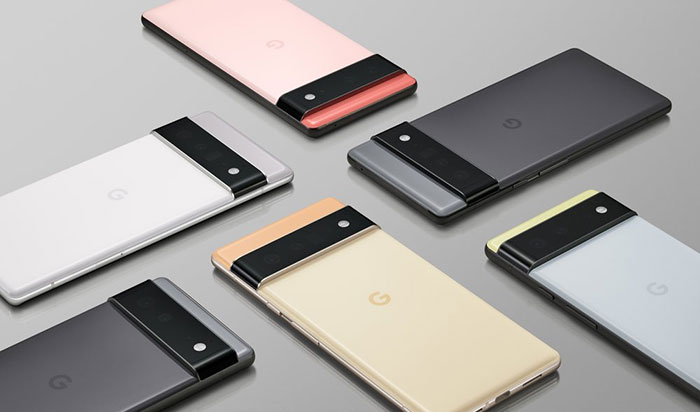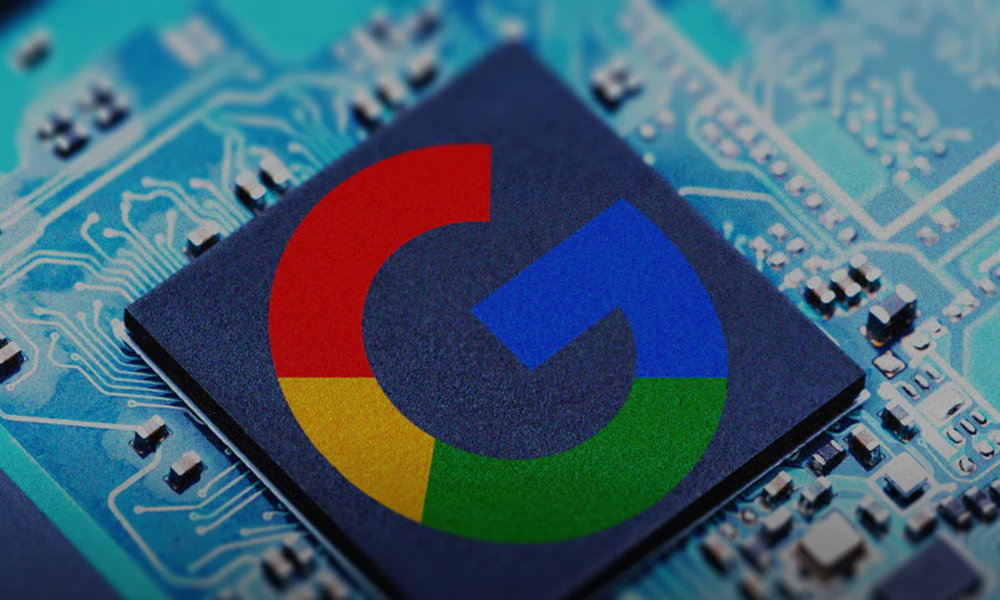Google will bring out its fully custom Tensor G5 chip, but not until 2025: Reports

Google will bring out its fully custom Tensor G5 chip, but not until 2025: Reports
According to reports, Google is making a switch from Samsung to Taiwan Semiconductor Manufacturing Company (TSMC) for the development of its Tensor G5 chip. The original plan was for Google to introduce its first fully customized chip for Pixel phones in 2024. However, there have been delays in the development process, and the chip, codenamed “Redondo,” missed the deadline for trial production last year. As a result, the production responsibility has been handed off to TSMC earlier this year.
Currently, Redondo is being used as a test chip for the next generation, but it is not expected to be ready for mass production by 2024. The decision to switch to TSMC indicates Google’s efforts to meet its chip development goals and potentially enhance the performance and capabilities of its Pixel phones.
According to recent reports, the upcoming chip codenamed “Laguna” will be branded as Tensor G5. These chips will feature a beach motif and are expected to be released in 2025. It is said that the Tensor G5 chip will be built using TSMC’s 3-nanometer manufacturing technology, which offers improved power efficiency. Additionally, it will utilize Integrated Fan-Out technology to reduce thickness. These advancements in chip technology could potentially result in better performance and energy efficiency for devices powered by the Tensor G5 chip.

According to reports, Google will continue to collaborate with Samsung for the design and production of the Tensor chip in the upcoming year. However, Google has been gradually replacing various Samsung components with its own intellectual property (IP) with each new generation.
This includes components related to communications, audio, image processing, and graphics processing. By integrating its own IP into the chip, Google aims to have greater control over the design and capabilities of the chip, allowing for more tailored and optimized performance in its devices.
Google will reportedly maintain its partnership with Samsung for the design and production of the upcoming year’s Tensor chip. However, the tech giant has been progressively substituting Samsung components with its own intellectual property (IP) in each successive generation. This strategic move encompasses a wide range of components, including those related to communications, audio, image processing, and graphics processing.

By gradually integrating its own IP into the Tensor chip, Google aims to exert greater control over the chip’s design and functionalities. This approach allows Google to customize the chip to its specific requirements, optimizing performance and enhancing the overall user experience in its devices.
Replacing Samsung components with Google’s proprietary technology is part of the company’s broader strategy to establish a more self-reliant ecosystem. It enables Google to reduce its dependence on external suppliers and exercise greater influence over the development and innovation of its hardware products.
While Google will continue to collaborate with Samsung for the immediate future, the long-term goal appears to be the gradual transition to a chip design and production process that relies primarily on Google’s own IP. This shift empowers Google to shape its devices’ capabilities and maintain a competitive edge in the market.In the past couple of years, Google has reportedly faced challenges with several abandoned iterations of the Tensor chip. These setbacks include the cancellation of the rumoured Tensor-powered Pixelbook last year.
According to a former Google chip executive familiar with the project, one of the contributing factors to the delay in bringing fully customized Tensors to the market was the difficulty in coordinating work between teams based in the United States and India, where the majority of Google’s Tensor silicon engineers are located.
The former executive also expressed skepticism about the amount of investment Google is making in custom processors, considering that the Pixel device line is not widely popular. This raises questions about the cost-effectiveness of developing custom chips for a product that may not have substantial market demand.

Despite these challenges and concerns, Google seems committed to advancing its custom chip capabilities. By leveraging its own silicon expertise, Google aims to have greater control over the design and performance of its devices. While the road to success in the chip development space may be complex and challenging, Google appears determined to establish its presence and differentiate its products through custom processors.
As Google continues to refine its chip development efforts and address operational hurdles, the company will likely seek to optimize its investments in custom processors, ensuring they align with market demand and provide tangible benefits to its products and users.According to The Information, Google plans to gradually cut ties with Samsung by 2025 and develop its own Tensor processors. However, it is worth noting that Google will continue to license Arm CPU and GPU cores, indicating that it will rely on Arm’s technology for its chip designs in the foreseeable future.
There are several advantages to Google transitioning away from Samsung for Tensor development. Samsung’s Exynos-based Tensor chips have faced criticism for issues such as overheating, even under light workloads. Additionally, Samsung’s own smartphones with Exynos chips have been reported to have performance flaws. By bringing chip development in-house, Google would have greater flexibility to fine-tune and optimize its chip designs to better suit the needs of its upcoming Pixel phones, tablets, watches, and other devices.
Developing its own Tensor processors would give Google more control over the performance and efficiency of its devices. It would allow the company to make specific tweaks and optimizations tailored to its hardware and software integration, potentially improving the overall user experience.
While Google aims to reduce its reliance on external partners like Samsung, it will still require Arm’s CPU and GPU cores for its chip designs. This suggests that Google recognizes the value of Arm’s technology and intends to leverage it in its future chip development efforts.
By taking more control over its chip design and development, Google seeks to create devices that showcase its vision and provide a seamless user experience. However, the success of this transition will depend on Google’s ability to overcome the technical challenges associated with chip development and deliver high-performance and efficient processors for its devices.
It is true that designing custom CPUs can be an expensive endeavor, and Google’s market presence with its Pixel smartphones might not guarantee a significant return on such a substantial investment. While Google has not publicly disclosed the exact number of Pixel smartphones sold, industry data suggests that Pixel sales have been relatively modest compared to the likes of Samsung and Apple.
According to IDC data cited by Bloomberg, Google had sold 27.6 million Pixel phones since the device’s launch in 2016. In comparison, research firm Canalys reported that Samsung and Apple shipped around 257 million and 232 million phone devices, respectively, in 2022 alone.
Given these figures, it is clear that Google’s Pixel sales volume is considerably smaller in comparison to industry leaders like Samsung and Apple. This raises questions about the financial viability of Google’s investment in developing its own custom CPUs, as the potential customer base for such chips may be limited.
However, it’s important to note that Google’s decision to develop its own Tensor processors may not be solely driven by immediate market dominance or sales numbers. The move could be part of a long-term strategic vision to have more control over its hardware and software integration, enabling Google to deliver a unique user experience and differentiate its devices in the market.
Ultimately, the success of Google’s investment in developing custom CPUs will depend on various factors, including the company’s ability to optimize performance, manage costs effectively, and attract a broader customer base beyond its current Pixel user base.




